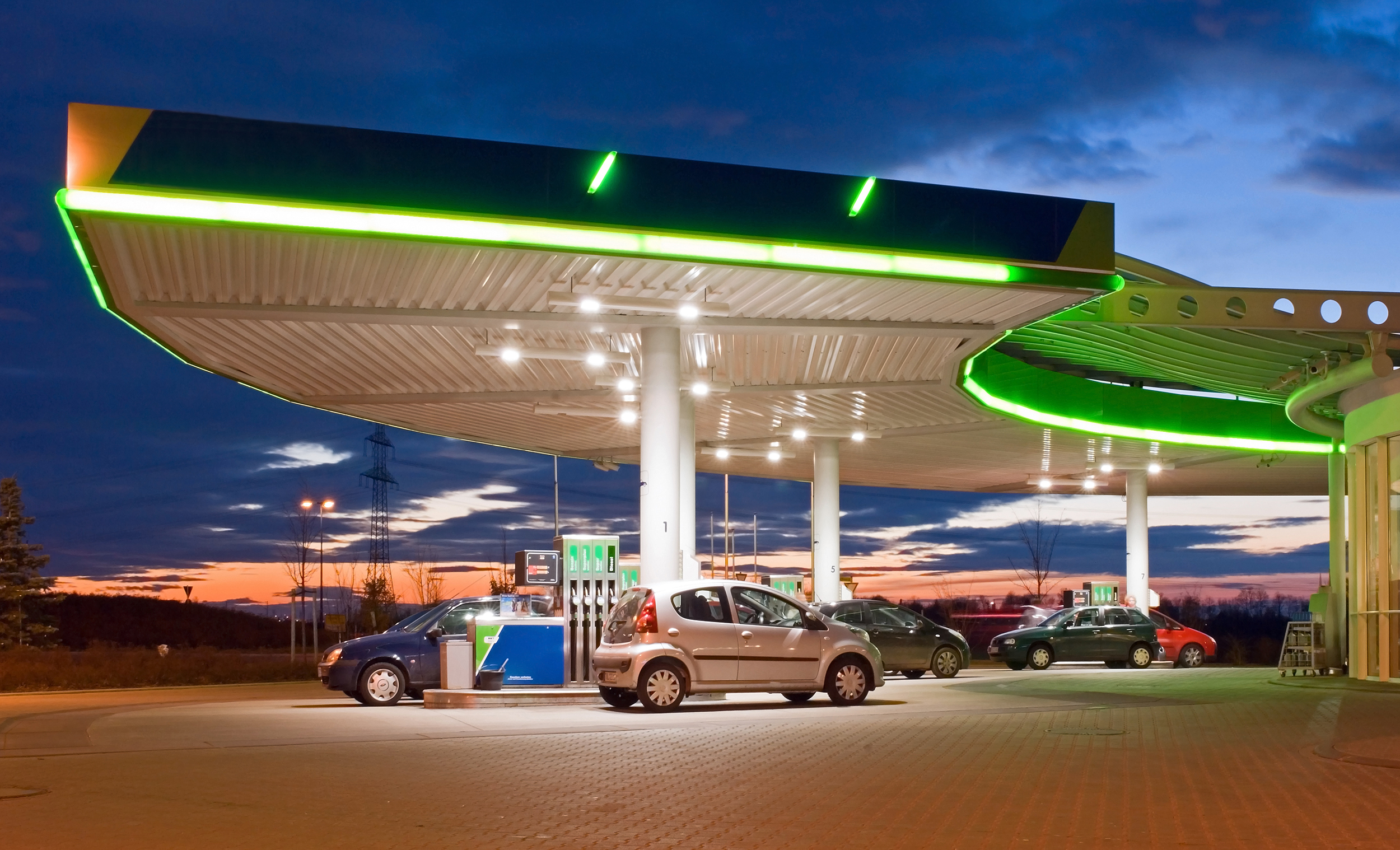Supermarkets not as competitive as they once were
Fuel retailers have been pushing up their margins on pump prices meaning higher prices for drivers.
The latest findings from the Competition and Markets Authority (CMA) reveal that between 2019 and 2022 supermarkets pushed up their margins on petrol and diesel by 6p per litre (PPL).
The CMA also found that “increased margins on diesel across all retailers have cost drivers an extra 13 PPL from January 2023 to the end of May 2023.”
The organisation goes on to say:
“Over the last year, the CMA has investigated the road fuel market in detail and reached the conclusion that competition is not working well and greater transparency in pricing is needed to improve consumer confidence and bring down prices for drivers.”
However, the CMA could find “no evidence to suggest that there has been cartel behaviour taking place and the CMA has no plans to open an enforcement case.”
The CMA’s study on road fuel prices identified a reduction in competition amongst the supermarkets:
“Supermarkets are generally the cheapest places to buy fuel, with Asda typically the cheapest of those. This has anchored prices in the past. The CMA found that in 2022, Asda and Morrisons each made the decision to target higher margins. Asda’s fuel margin target in 2023 was more than three times what it had been for 2019, while Morrisons doubled their margin target in the same period.
“Other retailers, including Sainsbury’s and Tesco, did not respond in the way you would expect in a competitive market and instead raised their prices in line with these changes. Taken together this indicates that competition has weakened and reinforces the need for action.
“Diesel prices have been slow to drop in 2023, partially down to Asda ‘feathering’ (reducing pump prices more slowly as wholesale prices fell) its prices and other firms not responding competitively to that. As a result, the CMA estimates that drivers have paid 13 PPL more for diesel from January 2023 to the end of May 2023 than if margins had been at their historic average.”
The CMA is calling for the compulsory release of price data by fuel retailers so that apps can be developed which allow drivers to check what is the best price in their local area.
It also wants to see a new monitoring body to hold the industry to account.
Steve Gooding, director of the RAC Foundation, said:
“The CMA has finally confirmed the presence of ‘rocket and feather’ pricing in the fuel market, something drivers long suspected as they’ve watched pump prices shoot up and only slowly drift back down.
“Crucially, we are pleased that the Government has accepted the CMA’s call for creation of a statutory open data scheme for retail fuel prices and a watchdog to monitor them, and has recognised that while getting the statute in place can’t be done overnight a voluntary scheme should be up and running within a matter of weeks if not days. Transparency is the key to enabling motorists to vote with their wallets by choosing the best price in their neighbourhood, and to provide assurance that the pace at which prices change is fair.
“At a time when the cost-of-living crisis shows no sign of abating the spotlight is now on retailers to make sure they do the right thing and cut prices whenever they can.”
According to the CMA “motorway service stations are charging around 20 PPL more for petrol and 15 PPL more for diesel compared to other fuel stations.”
ENDS
Contact:
Philip Gomm – Head of External Communications – RAC Foundation
[email protected] | 07711 776448 | 020 7747 3445
Notes to editors:
The RAC Foundation is a transport policy and research organisation that explores the economic, mobility, safety and environmental issues relating to roads and their users.
The Foundation publishes independent and authoritative research with which it promotes informed debate and advocates policy in the interest of the responsible motorist. All the Foundation’s work is available at: www.racfoundation.org


